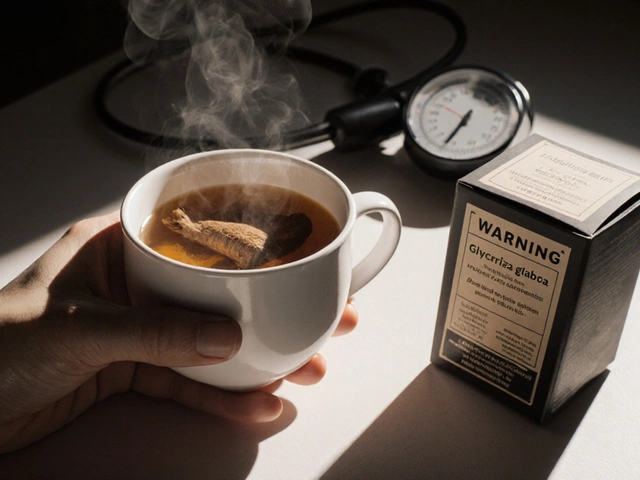Health checkups are essential components of preventive healthcare. They involve a series of medical tests that can help detect potential health issues early on. This article explores what is typically covered in health checkups and the significance they hold in maintaining one's overall well-being. Readers will also learn about interesting facts and tips related to preparing for these checkups and understanding the results.
Read MoreHealth Screening: What to Check, When, and How to Stay Ahead
Ever wondered why your doctor keeps asking for a blood test or an ultrasound? It’s not just routine – it’s a way to spot problems before they turn into real pain. A solid health screening plan saves you time, money, and a lot of discomfort later on.
In India, the cost of a basic screening panel is often lower than a single emergency visit. The key is to know which tests matter for your age, lifestyle, and family history. Below we break down the core checks you should consider, how often to repeat them, and simple steps to get them done.
Core Screening Tests for Adults
Blood pressure: Measure it at least once a year. If you’re over 40 or have a family history of hypertension, check every six months.
Blood sugar (fasting or HbA1c): Diabetes can hide for years. A yearly test catches it early, especially if you’re overweight or have a parent with diabetes.
Cholesterol profile: High LDL levels raise heart disease risk. Get a full lipid panel every two years if you’re healthy; more often if you have heart issues.
Liver and kidney function: Simple blood work tells if these organs are under stress. Repeat every two years unless you take medication that affects them.
Complete blood count (CBC): Flags anemia, infections, or blood disorders. A yearly CBC is a good safety net.
Age‑Specific Add‑Ons
If you’re 30‑45, add a thyroid test (TSH) and a vitamin D level. Low thyroid function and vitamin D deficiency are common in India and can cause fatigue and bone pain.
From 45 onward, schedule a colonoscopy (or stool‑based test) and a mammogram for women. These catch colorectal and breast cancers early, when treatment is most effective.
Men over 50 should add a prostate‑specific antigen (PSA) test if they have a family history of prostate issues.
Eye and dental exams are also part of a well‑rounded screen. Vision changes can indicate diabetes, while gum disease links to heart problems.
How to Book and Save on Tests
Most labs in metro cities offer bundled “wellness packages” that include the above tests for a flat fee. Look for accredited labs like SRL, Thyrocare, or local government hospitals – they often run seasonal health camps at lower prices.
Bring your previous reports, a list of current meds, and any family‑history notes. This helps the lab tech flag abnormal results quickly.
Ask your doctor whether you need fasting before blood work; most panels require 8‑12 hours without food. If you’re short on time, many labs provide home‑sample collection, saving you a trip.
Keep a digital copy of all results. Apps like HealthifyMe or Google Fit let you upload PDFs, making it easy to track changes over years.
What to Do With the Results
Don’t panic if something looks off. Most abnormal numbers are just a prompt to investigate further. Schedule a follow‑up with your doctor, discuss lifestyle tweaks, or get a specialist referral if needed.
Simple changes – walking 30 minutes a day, swapping fried snacks for fruit, and staying hydrated – can swing many borderline results back into the healthy zone.
Remember, health screening isn’t a one‑time event. Treat it like a regular car service: a quick check now prevents a breakdown later. Stick to the schedule, act on the advice, and you’ll keep pain and disease at bay for years to come.





